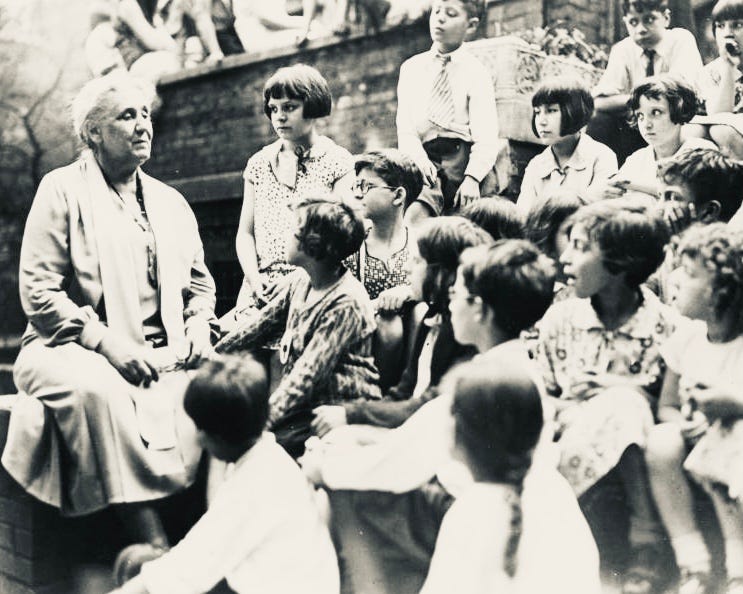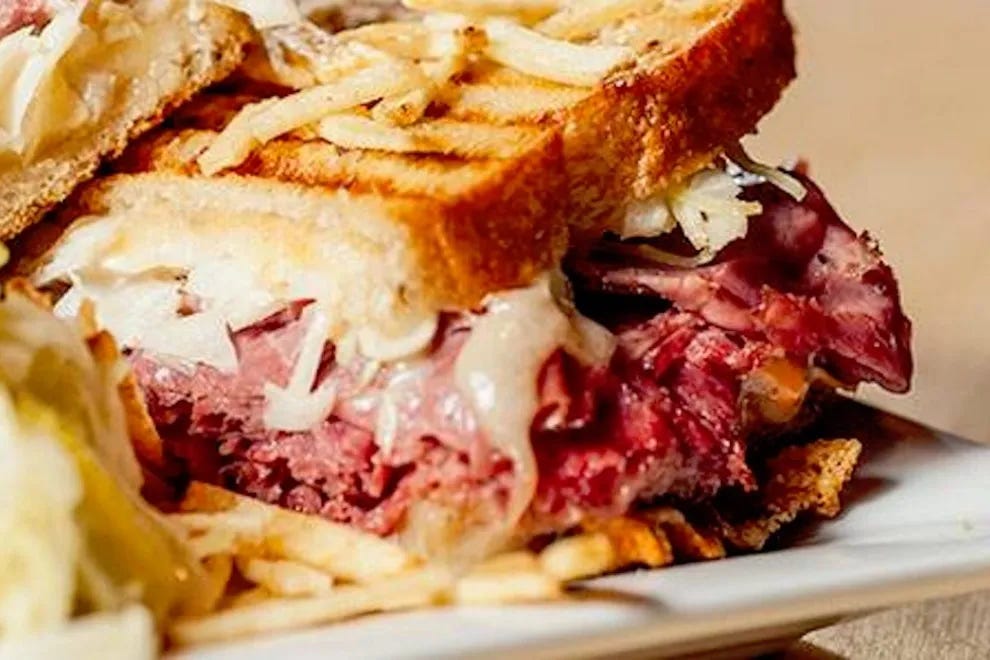To remain a viable contributor, direct mail fundraising has to evolve quickly.
Description
Andrew has committed himself to getting direct mail right for a long time. For as long as I have known him, I have watched as he processes what’s going on in the world and what’s being said or discovered and then applies it to his craft. Most recently, Andrew has engaged in a stream of honest conversations with the team at Dickerson, Bakker & Associates and he’s my guest today on The Fundraising Talent Podcast to talk about these conversations. In short, Andrew isn’t giving up on direct mail; he does, however, want us to admit where it notoriously lets us down and to revisit the underlying assumptions that have ensured its privileged role in our fundraising strategies for decades.
Today’s conversation isn’t the stereotypical “is direct mail dead or alive?” conversation. What Andrew wants those who are always in direct mail’s corner to admit is that, if we don’t address some of its weaknesses - those we have known were there all along, we’re going to find ourselves in a lot of trouble very soon. Andrew wants direct mail’s strongest advocates to recognize that it’s time for some changes. To remain a viable contributor, direct mail has to evolve.
After reminding us of some of its flaws and shortcomings as well as one of its dirty little secrets, Andrew wants us all paying attention to what may be the most consequential of realties facing direct mail: the fact that the middle class is shrinking. According to Pew Research, in 1970 middle-income households accounted for 62% of aggregate income, a share that fell to 42% in 2020. Meanwhile, the share of aggregate income accounted for by upper-income households has increased steadily, from 29% in 1970 to 50% in 2020.
Today’s conversation confronts the fact that whether direct mail works doesn’t matter all that much when the population of donors it was originally intended for has shrunk dramatically over the last half century. And while direct mail’s intended audience continues to shrink, those for whom it wasn’t are now holding onto the most cash. Either way you look at it, like so many things that have to adapt over time, if direct mail is going to continue to play a meaningful role, it’s going to have to evolve quickly.
As always, we are grateful to our friends at CueBack for sponsoring The Fundraising Talent Podcast.
This is a public episode. If you would like to discuss this with other subscribers or get access to bonus episodes, visit fundraisingtalent.substack.com



















